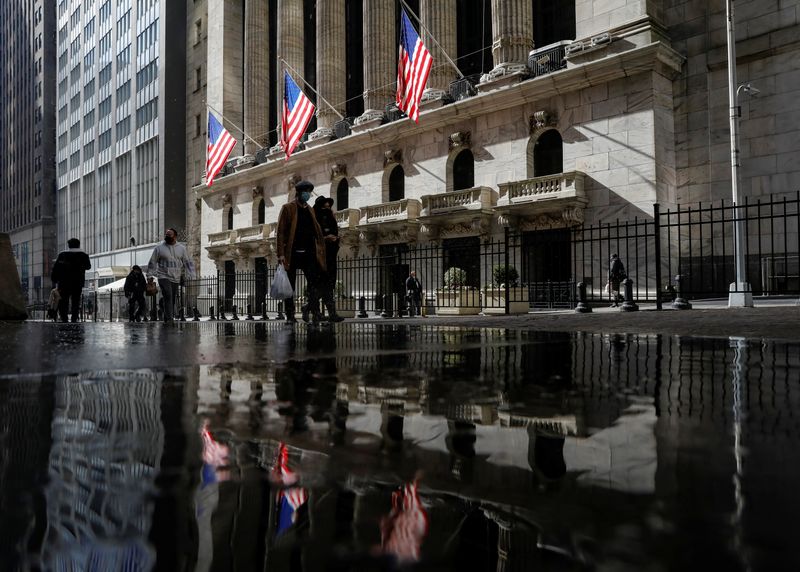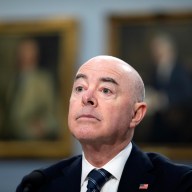By Patturaja Murugaboopathy
(Reuters) – U.S. companies are opting to issue bonds with fixed coupons rather than floating rates as the spectre of a rapid rise in yields impels them to lock in their costs of borrowing.
Refinitiv data showed U.S. companies have issued $456 billion through fixed-coupon bonds until March 15, a 12% increase over the same period last year.
At the same time, they have borrowed just $77 billion through floating-rate bonds in that period, a 33% decline.
Graphic: U.S. bond issuance fixed vs float – https://fingfx.thomsonreuters.com/gfx/mkt/qmypmrkqovr/us%20fixed%20float.jpg
In particular, the issuance of fixed-rate junk bonds, which are issued by lower-rated companies, almost doubled this year to $108.8 billion, the data showed.
Graphic: Top proceeds this year – https://fingfx.thomsonreuters.com/gfx/mkt/yxmpjwrqovr/top%20firms.jpg
American Airlines Group, Carnival Corp and T-Mobile were the big issuers of high-yield bonds this year.
Graphic: Issuance comparison – https://fingfx.thomsonreuters.com/gfx/mkt/qzjpqlwdqvx/issuance%20comparison.jpg
“We are hearing that corporate issuers are pulling issuance forward on the concern that interest rates are on the rise,” said Jake Remley, a portfolio manager at Income Research + Management in Boston.
“For high yield issuers, locking in attractively low fixed coupons is especially important given that they have lower debt coverage ratios,” he said, referring to the possible risks if these firms issued bonds at floating rates that eventually rose.
U.S. companies hardest hit during the pandemic have been raising money aggressively over the past year by issuing bonds to meet their working capital needs and repaying existing debt. Analysts expect such borrowing to continue this year, until economies recover materially.
Meanwhile, U.S. Treasury debt yields have touched their highest levels in more than a year on continued economic optimism and expectations of increased debt supply after the approval of a $1.9 trillion coronavirus stimulus package and rising inflation.
The surge in Treasury yields is likely to elevate the borrowing costs of the issuers which pay floating rates, as their interest payments move in line with benchmark yields.
“If inflation really spikes, the Fed may be compelled to raise their short-term interest rate off 0%, which would be a concern for those that issue floating rate debt,” said Remley.
(Reporting By Patturaja Murugaboopathy; Editing by Vidya Ranganathan and Chris Reese)














